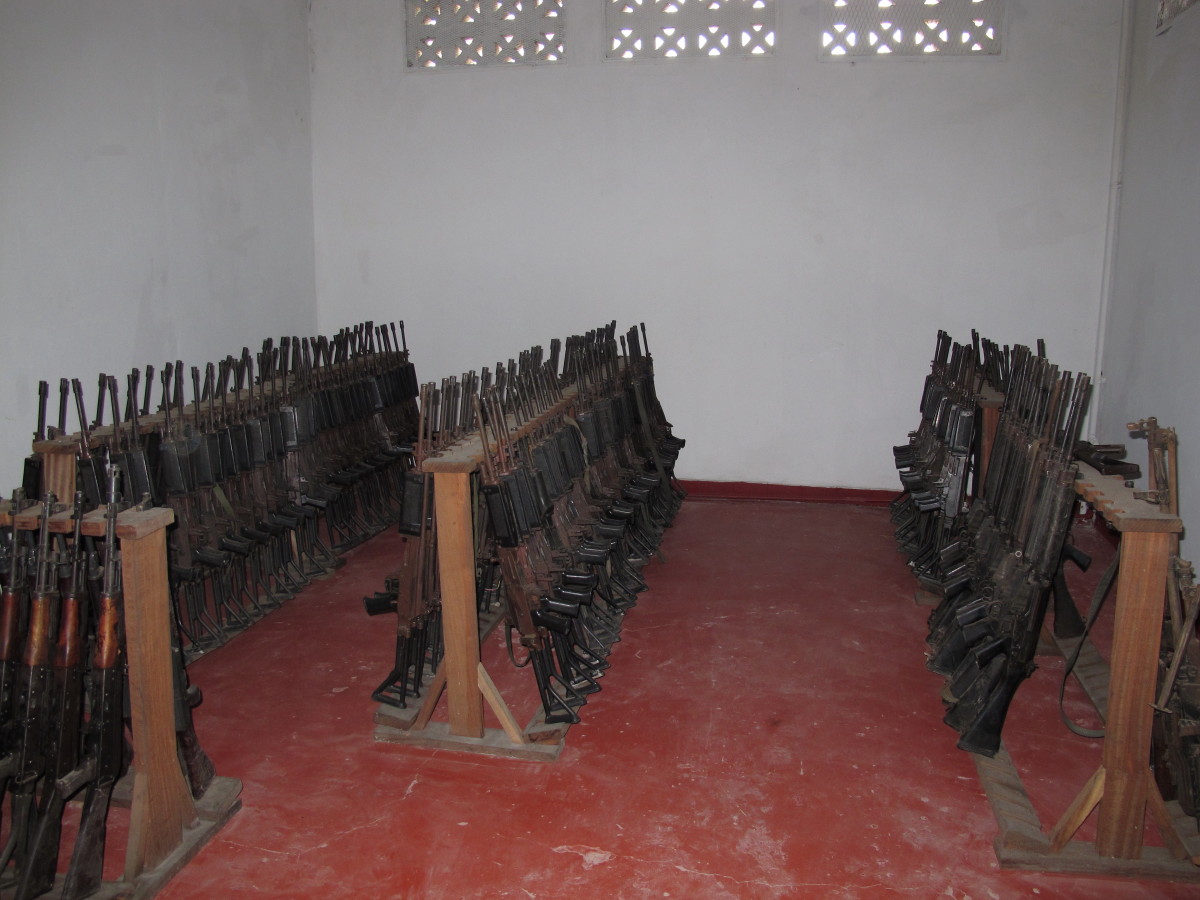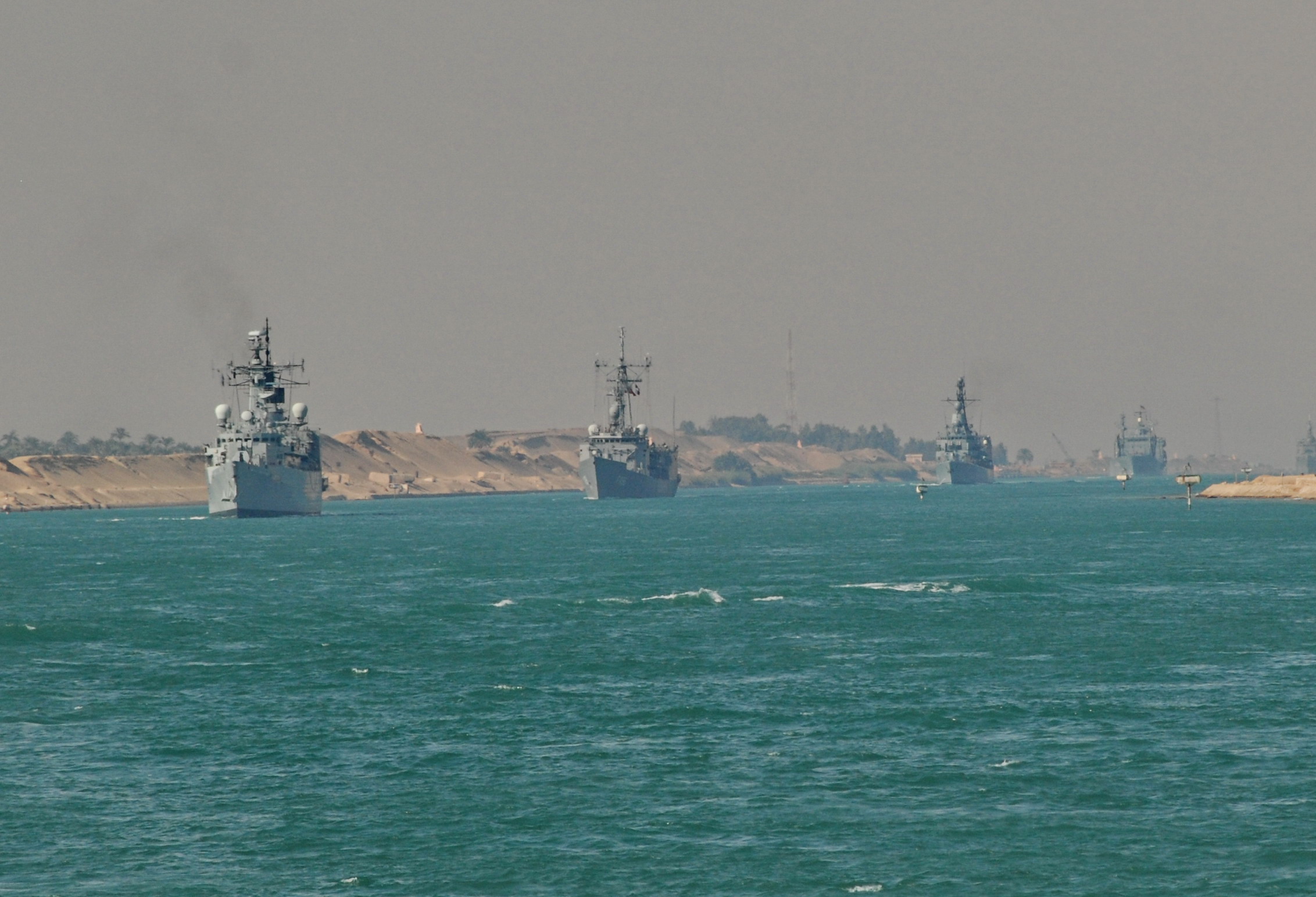The heavy (and discreet) tribute of the Afghan police: 10 dead a day!
(BRUSSELS2) “ On average, about 10 Afghan policemen are killed every day. This tribute phrase from Carl Bildt, the Swedish Foreign Minister who chaired the gymnich, the informal meeting of foreign ministers in Stockholm, which ended on September 5, escaped much comment. And that's a shame. This reminder in the form of a tribute is healthy. Because this haemorrhage undermines very surely, even more surely than the losses suffered by our soldiers, the stability of Afghanistan
Very discreet lossess... Indeed, we often talk about the international losses suffered in Afghanistan. Much less than those of the Afghan police, who are on the front line and pay dearly - very dearly - for their commitment. Even if we can discuss the figure given by the Swedish Minister (this one seems to me a little important in view of the other information available, or else it only takes into account the last few weeks or includes all the security forces), the losses suffered by the Afghan police (and more generally the local security forces) show the magnitude of the difficulty in Afghanistan to stabilize the country and train a modern police. A task that the European Union is trying to tackle with its Eupol mission, not without difficulty (1).
A hemorrhage that undermines stability. When we talk about restoring the rule of law, training police officers, we should take this fact into account. What normally constituted state could hold out in the face of such a haemorrhage? How can he restore stability when the marrow substance responsible for protecting him is leaking? How to avoid legitimate fear and the temptation not to "do too much" among those who remain? How to attract and train new volunteers, if every day several of them die "at the front"? Practical questions as well: How can the families of the dead and injured also be compensated?
How to ensure the protection of these police officers (collective and individual)? ... And a difficult question, strategic, but necessary if we want - according to the usage word - to carry out the "Afghanization" of the conflict: what Western means should be made available to them, under their direct command? This is perhaps the essence of the questions that we must ask ourselves and the actions that the Europeans
must develop, rather than more reinforcement for the military forces.
NGV
(1) Very concrete difficulties, read "difficult recruitment".


